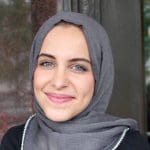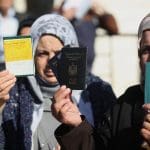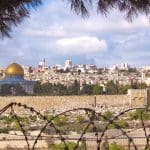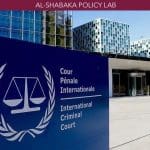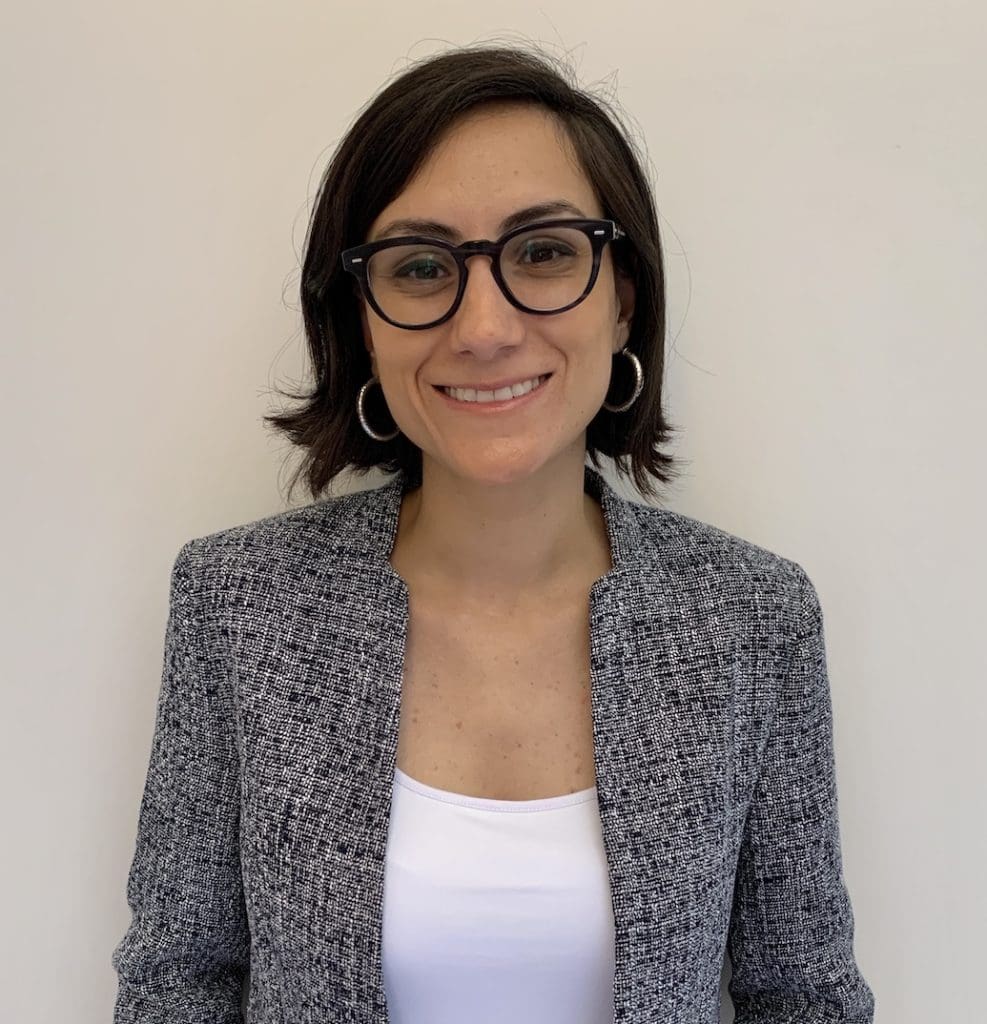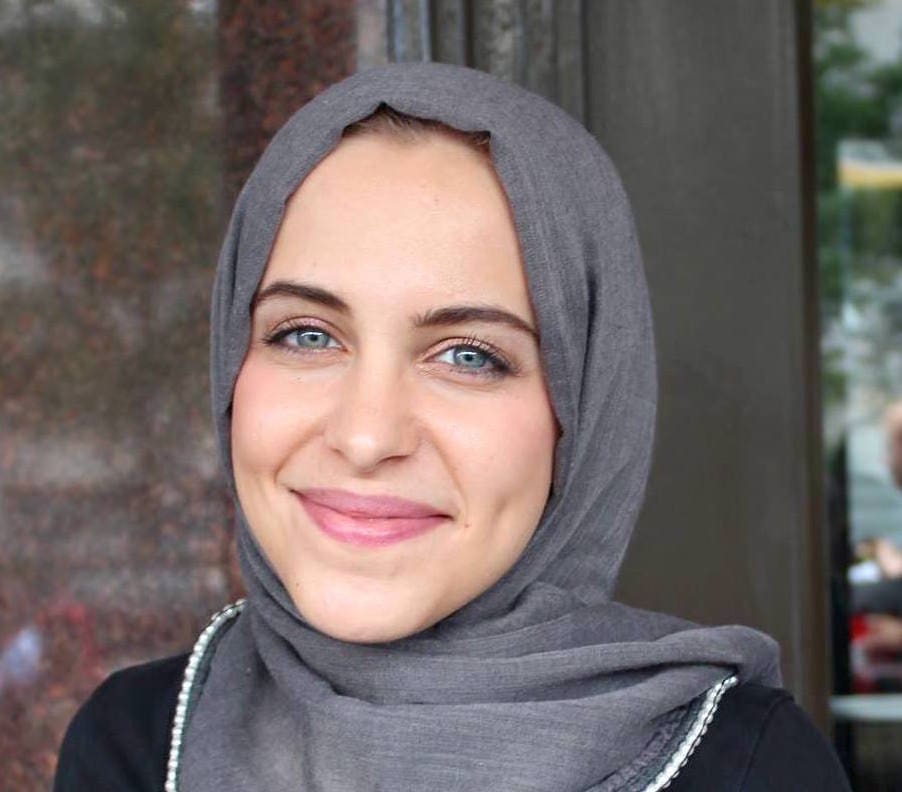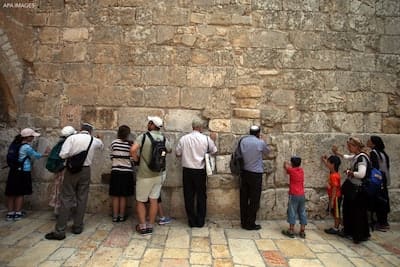
The role of tourism in advancing Israel’s settler colonial project dates back to the arrival of Zionists in Palestine.
Today, it is most clearly articulated through religious tours that legitimize the Israeli regime’s continued theft of Palestinian land and oppression of the Palestinian people.
How does religious tourism in Palestine serve the Israeli regime’s colonial aspirations? How does it obstruct Palestinian economic self-determination and liberation? Which alternatives exist for those who wish to visit Palestine ethically? In our final policy lab of 2020, analysts Halah Ahmad and Marya Farah join host Nur Arafeh to address these questions and explore possibilities for ethical tourism in Palestine.
Nur Arafeh is a Fellow at the Malcolm H. Kerr Carnegie Middle East Center, in Washington DC, where her work focuses on the political economy...
Halah Ahmad is a policy researcher, writer, and policy communications expert. Most recently, she led legislative affairs as VP for Policy at the Jain Family...






